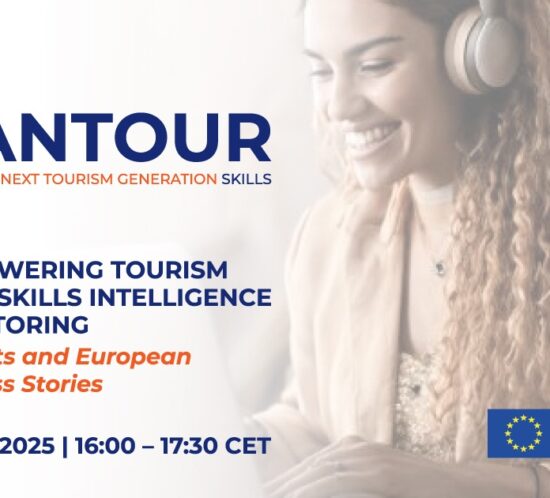Best practice selection on upskilling and reskilling from Spain: HOSBEC
In today’s rapidly evolving tourism industry, developing a strategic approach on skills development within organisations is crucial for a futureproof sector and workforce to remain competitive and responsive to changing market demands. In this series of best practices we highlight key areas of skills development necessary for the digital and sustainable transformation and inclusive tourism growth. We discuss best practices that have been carefully selected in the PANTOUR project countries to get inspired. In this blog, we zoom in to Spain for the best practice HOSBEC.












